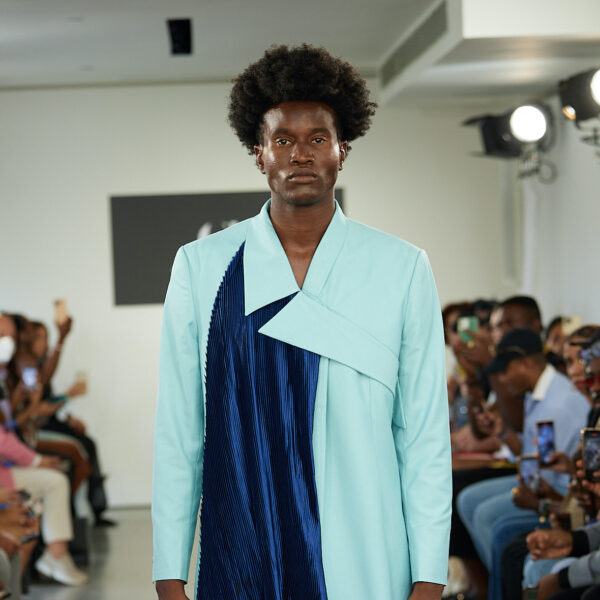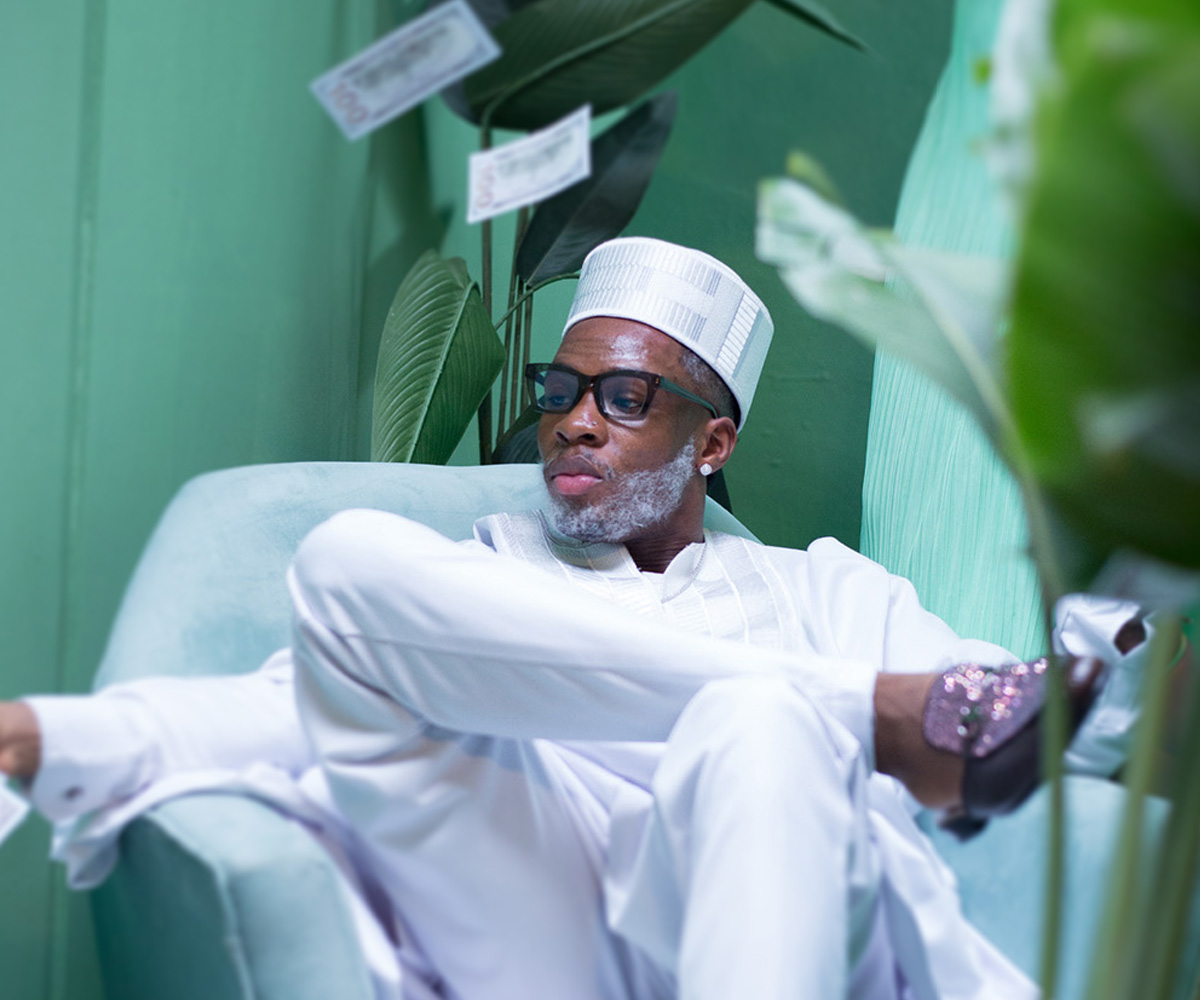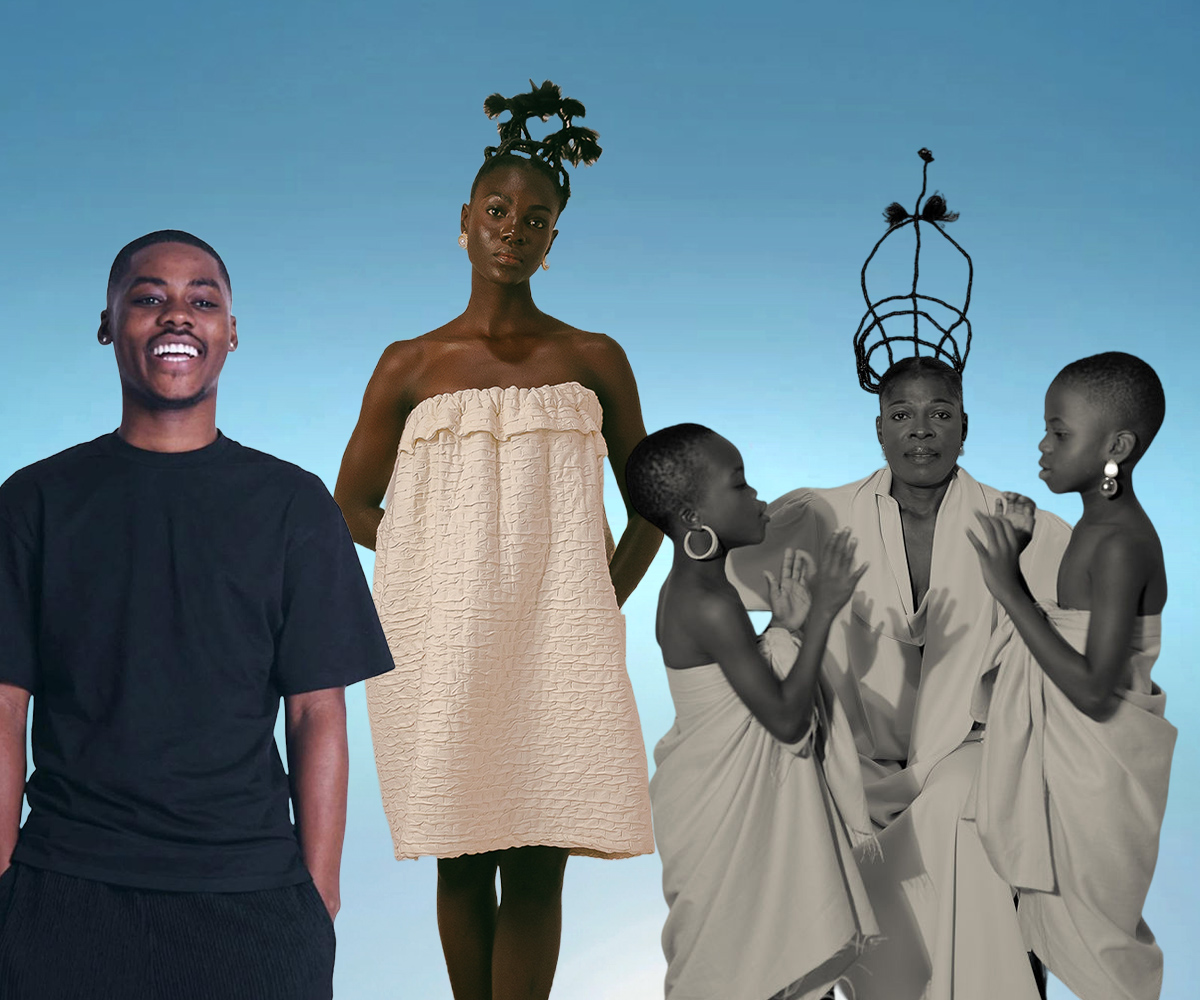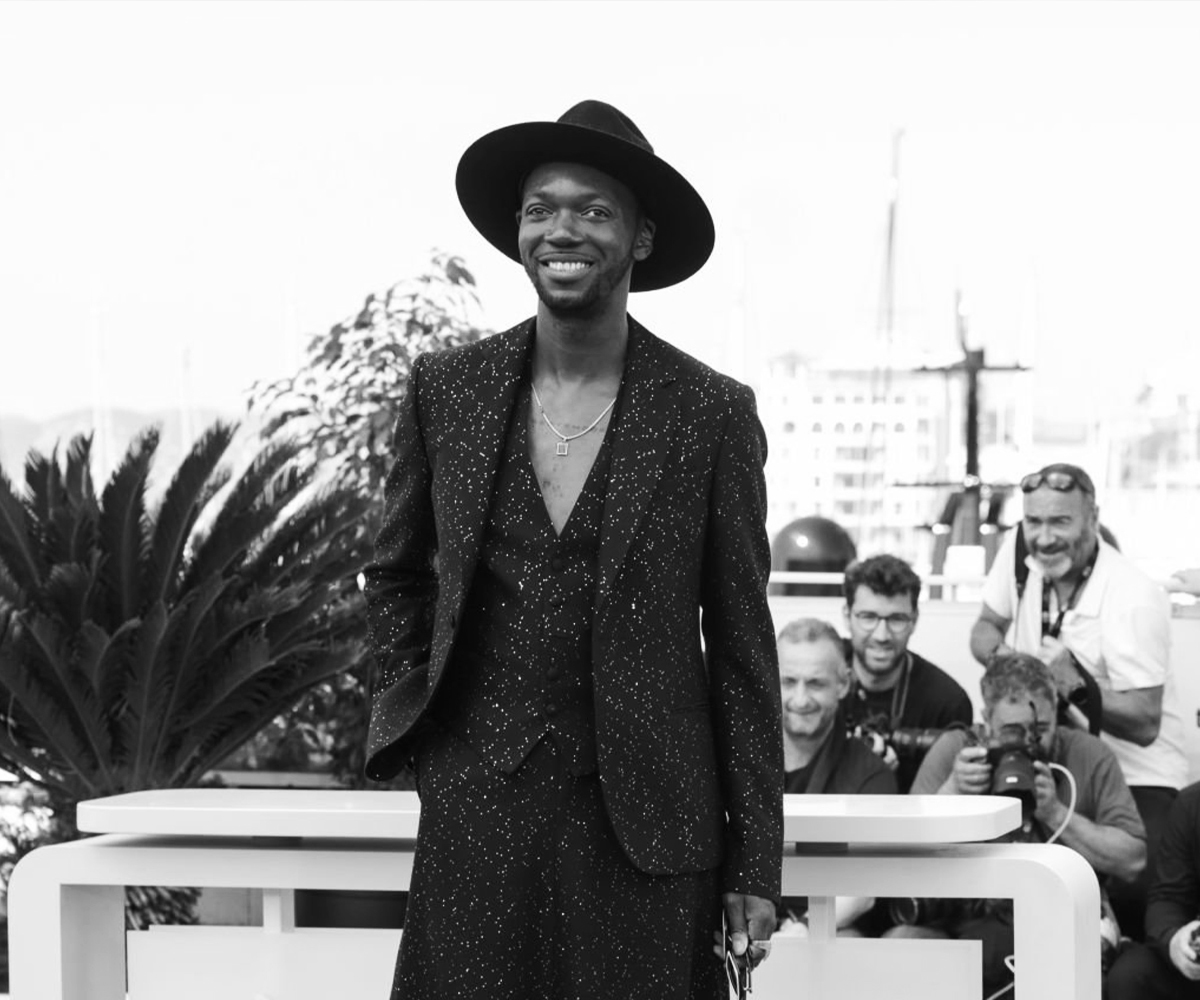
Photo credit: Kelly Gullet
Fashion
African Fashion’s Global Ascent Contends with Practical Limits

Photo credit: Kelly Gullet
African designers have carved out their spot at top events, but a lack of government support and investment threaten to curtail the momentum
By Kingsley Kobo
October 2023
African designers need not toot their own horn, as their work has become a staple in the upper echelon of the fashion industry. There is hardly a global fashion event without the presence of an African-inspired collection. While some may consider it as only a trend, it is certainly capable of revitalizing the sector, while restoring pride and dignity to the entire continent.
“The fact that Africans based in Africa or in the diaspora are showcasing their work in top fashion events across the globe brings not only pride but demonstrates how talented we are as a people. It’s like a global sports event where you see our footballers or athletes representing us. We are happy and proud,” says Brou Gislain, a researcher at the Faculty of Economic Sciences of Félix Houphouët-Boigny University in Abidjan, Côte D’Ivoire.
“That is how I see it with fashion weeks. African authorities need to show adequate support for our designers. African ambassadors need to attend those shows to show support.”
The Big Four global fashion events – New York Fashion Week (NYFW), London Fashion Week, Paris Fashion Week and Milan Fashion Week – have seen designers of African descent making their maiden appearance or returning to the shows.
While attendance could boost brand awareness, help establish a good rapport with industry gatekeepers and offer financial and growth opportunities, the barrier to entry remains high, according to some experts.
“It’s a very difficult task for an African designer to showcase at top shows. You need sponsorship, invitation and even then, you will spend your own money. African designers based in the diaspora have some administrative advantage but those based on the continent would have to fight for visas, which is very difficult,” says Yves Eya’a, president of the Centre of Fashion Designers of Cameroon.
Since 2009, when the likes of Lamine Badian Kouyate (Mali), Folake Coker (Nigeria), Fati Asibelua (Nigeria) and Nkhensani Nkosi (South Africa) took the lead by showing intriguing collections at the NYFW as part of the African Fashion Collective, the Big Apple has welcomed a significant number of African labels.
Nigeria’s Amaka Osakwe, who owns womenswear label, Maki OH; Deola Sagoe, also from Nigeria; and David Tlale of South Africa, are some of the topflight designers to have appeared or reappeared at the NYFW since 2009.
Last month witnessed this year’s second edition of the NYFW – the first took place in February. Acclaimed designers such as Sergio Hudson, Christian Siriano, Proenza Schouler, Brandon Maxwell, Ralph Lauren, Jonathan Cohen, and 3.1 Phillip Lim, among others, made their return to the fashion extravaganza, showcasing their vibrant spring/summer 2024 collections.
Senegalese designer Omar Salam, who launched the Sukeina brand in 2012, also returned after his debut in 2020. His intricate ladieswear collection of skirts, strapless party dresses, and coats was unveiled almost entirely in red.
“It’s about making a meaningful difference and showing the world what we can do and the potential we have. The NYFW is the highest platform to display your creations to industry professionals and the general public, who pass on the message. Therefore, African designers need to be at their best when they come here,” Salam says.
Two years after his first official appearance at the NYFW, Nigerian-British designer Chuks Collins made a triumphant comeback to the stage with his twelfth collection tagged “012”, which evokes the need to preserve aquatic ecosystems. Fronted by a challenging caption – Marine Euphoria: A Harmonious Tribute to Oceanic Splendor – Collins’ sustainability message echoed through his 39-look aqua-themed collection at the Springs Studio.
The presentation offered a mixture of classical and contemporary outfits in bright colors and patterns – an indispensable development that Collins says has boosted African brands.
“African designers are gaining recognition for their traditional designs and contemporary, innovative styles that blend local influences with international trends. They bring a fresh and unique perspective, adding value to the global fashion landscape.”
When speaking about the visibility of African fashion at the NYFW, Collins says: “NYFW has been making conscious efforts to promote diversity and inclusivity in recent years. This includes showcasing designers from various backgrounds, cultures, and regions, including Africa.”
The NYFW could serve as a good telescope to examine talents, products and economic potentials as the continent’s fashion market keeps grabbing the attention of global investors. According to Euromonitor, Sub-Saharan Africa’s clothing and footwear market alone is worth more than $32 billion.
“The African market is substantial and growing, and NYFW provides a great opportunity for African designers to showcase their collections to a wider audience, including potential buyers and investors,” Collins adds.
Handcrafted luxury garments and accessories brand KORLEKIE, debuted as part of the Black in Fashion Council and IMG’s seventh seasonal showroom at the Spring Studios.
Launched in 2013 by British-Ghanaian designer Beatrice Korlekie, the knitwear collection “exudes sex and sexiness in an elegant, mature and powerful way,” suitable for a diverse clientele, she says.
“I’ve found out that my brand has a varied clientele, ranging from different sexes and races and body types whose shared personality is to celebrate, live and love life. It’s for some a coming out celebration of “womanhood”, testing confidence and being confident.”
Beatrice Korleike emerged from the show stronger and brighter, joining the legion of African designers to have received the blessing of the NYFW.
“In my personal experience, KORLEKIE grew in awareness and received business growth opportunities,” she says.
“Fashion week impacts the career of a designer by bringing recognition of the brand to a wider audience whilst rewarding loyal followers with an update on progression so that they can continue to support.”
Two weeks after the curtain came down on the New York Fashion Week, the Paris Fashion Week opened its doors on September 26, with B2B wholesale platform, The Folklore Connect, presenting 10 African-based and Black-owned brands from Ghana, Nigeria, Côte d’Ivoire, Columbia, New York, and London.
Among them was gender-neutral brand, Kente Gentlemen, from Cote D’Ivoire and Lagos-based label, Fruche, known for its straw-like raffia details.
Kente Gentlemen’s founder and creative director, Aristide Loua, highlights one of the main setbacks African designers are grappling with.
“If we must survive and strive in the business we have to get involved in commercial production. But how many African designers boast such infrastructure to be honest? To be selected for the Paris Fashion Week, your brand must provide proof that it has the infrastructure to cater to larger orders from retailers,” he says.
”Through collaboration on the international level, we could… work things out but back home it remains difficult.”
That leads us to a broader context on how to move African fashion to the next level, since having a slot on the international fashion calendar alone may not be enough.
Developing textile manufacturing infrastructure and industrial zones dedicated to fashion production, alongside supportive policies, tax incentives, and funding opportunities for fashion enterprises should be the first step, according to Collins.
“Enhance fashion education and offer skill development programs to align with industry needs while promoting technology adoption for efficient production, supply chain, and global marketing,” he says.
To sustain African fashion as an industry requires massive local consumption, but the influx of cheaper and fairly-used products from Asia, especially, appears to be staging an unfair competition.
“It would be difficult to stop that trend because the purchasing power in Africa is still very low. Designer clothes are still out of the reach of many Africans and this is a big problem for the fashion industry,” says Brou.
While the African fashion industry will likely put up with its trials and tribulations for the foreseeable future, the efforts of our designers continue to provide international exposure for designers at the forefront.


